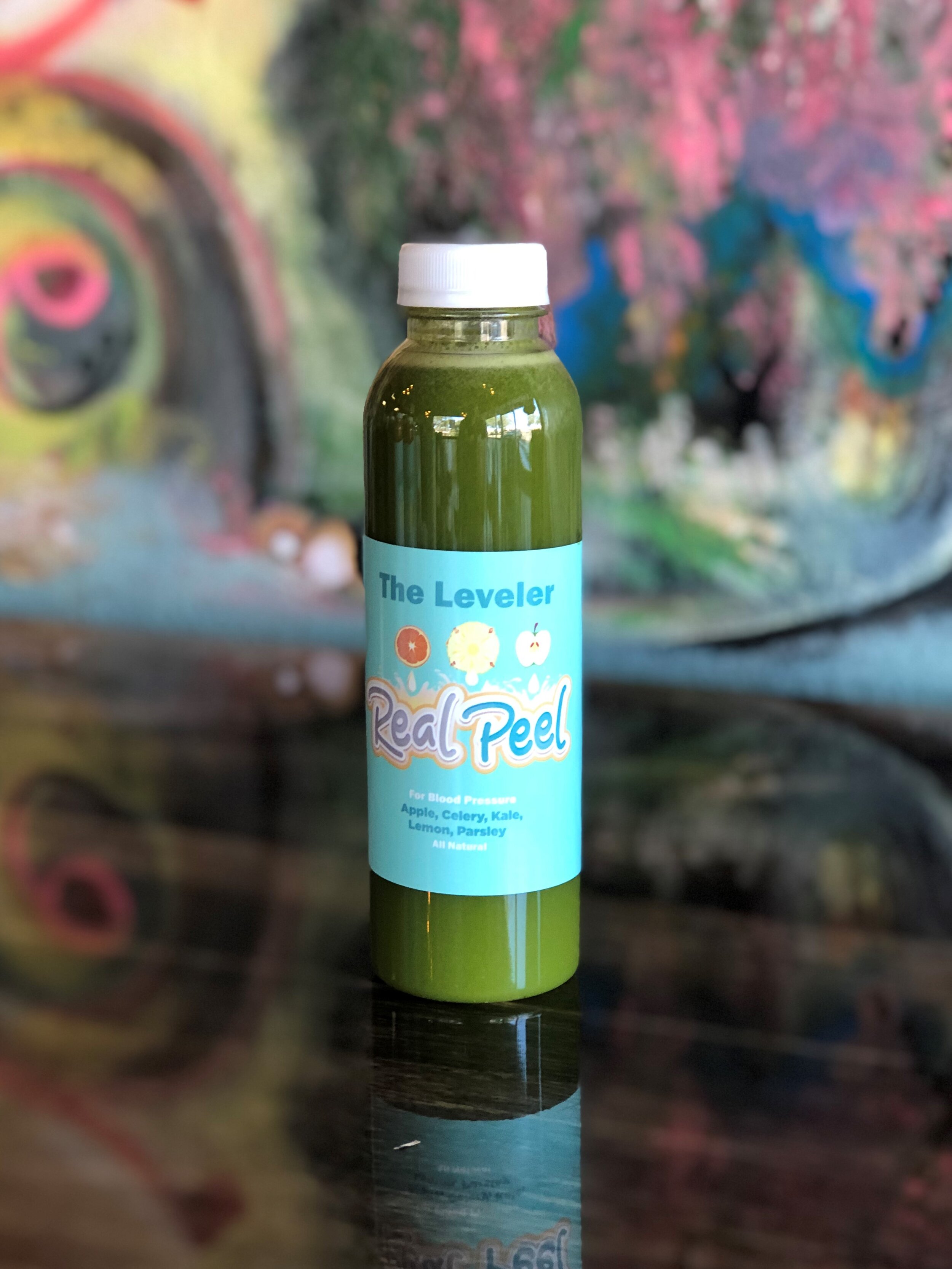An Open Letter to Family & Friends
Through these past two years of helping my clients suffering from Gastroparesis, I have had so many mention how their family and friends don't quite understand what they are going through, and they don't quite know how to explain it to them. So, I decided to help do it for them.
When I decided to write this blog, I thought it would be super easy, because I could just list off symptoms most have, that matched mine, and how they made me feel, until I really started planning it out. I realized I have blocked out A LOT from my memory, when I was at my sickest. So, I had to open that back up, which brought up a lot of feelings and emotions for me, so, please, be kind in my vulnerability.
Here is what it's like to have Gastroparesis.
(This is my personal experience & it's a long one, so buckle in. It can vary by person)
Admitting I Had an Illness
If you haven't read my story, you can here, but we are going to pretend like you already have, and go from there.
I was an athlete, I was in my early 20s, normal & healthy. Then, I wasn't, and that's a hard thing to cope with. I didn't want to admit anything was wrong with me. So, I went about my business, ignoring my growing list of symptoms for 3 years, before I could finally admit it enough to my mom that I needed some help. This admission came after I basically stopped eating, I could barely get myself up for work, I was throwing up, my bowel movements were out of control & more. (we'll go over these more later)
Why was it so hard to admit I was sick? The fear of many things like,
I would look weak
I felt like I would have to depend on others
My friends would treat me differently
No one wants to date the sick girl
Being on medication forever
People wouldn't think I was "fun to be around" anymore
I was too young to be anything but healthy
My family would see me as a burden
I couldn't keep up my happy & normal façade forever, and it finally broke down.
The Height of My Illness
This is where things get blurry and dark for me. This is the part I have tried to block out. To pretend like I just had a few stomach aches, to downplay the severity of what I had; what I have. This is the stuff I don't want to remember, but I feel like for the sake of my clients and those out there, I need to. We all need someone on our team, who knows how we feel.
I wasn't getting any better, no matter how many medications they gave me. My symptoms looked like:
not eating
feeling full after a bite or two when I did eat
no energy
incredible stomach pain that felt like stabbing
endless bloating
irritable to no end
throwing up
switching back and forth from constipation to diarrhea
wild weight fluctuations that ended up in an unhealthy amount of weight loss
acid reflux
passing out extremely easily
blacking out and passing out when using the restroom
How This Affected My Life
With my family:
Family Sunday dinners suddenly were wrapped around trying to find food I could handle and trying to convince me to eat. I was missing family functions for testing or symptom management. I was afraid to eat around them to avoid running to the bathroom. I was tired of them always trying to find ways to help, and those ways weren't helping. I was mean, I was angry, I was depressed.
I had to move back in with my parents, because I couldn't hold a full-time job and couldn't pay for my rent anymore. It was embarrassing, for someone so independent like myself. I was afraid this would be how the rest of my life would go. I got angrier & meaner.
With my friends:
Eating out was an absolute nightmare for me. I would grin and bare it, pretend it was fine and eat and then go home and be sick for days. Drinking was completely out of the question, and they all thought I was just being lame. I wasn't able to hang out all of the time, and turned down a lot of their invites. Eventually, the invitations became fewer and fewer, then there were no more. This excludes my best friend, because she was the only one who understood me, somehow.
They didn't understand my pain & I didn't know how to explain it to them. They thought it was a stomachache and I pretended they were right, until the exhaustion of pretending was too much.
I stopped being the fun Aubrey they all knew and loved, and I could feel the weight of my illness carrying over into my conversations and actions around them. I stopped loving myself, and thought they did too, so I stopped being their friends, too.
With my boyfriend (now husband):
I did a lot of pretending here, too. I wanted to be normal in this new relationship we were starting. I couldn't, so the commitment issues rolled in. I was afraid to commit fully, because who wants to be with the sick girl? Who wants to carry that responsibility?
Going out most of the time was out of the question, eating out was even harder. I was tired and in pain ALL OF THE TIME, but I pretended I was just fine. I wanted to be fun, beautiful, vibrant, sexy and all of the other things that come with a new relationship. This man was so patient, though. He never got mad at me, until I started giving up on myself. I started pulling away, wouldn't be intimate, and sometimes being mean. He got frustrated with that, and told me he couldn't be with someone who won't keep fighting to feel better, to try anything. I got angry at first, thinking how insensitive, but I am grateful for that now.
Where Am I Now?
After I found the path to my healing, major shifts happened. I was my old self again, but with restrictions. It's been a hard road to mentally understand that I can't go back 100% to my old self, so I am finding and learning to love my new self.
These days, my pain and aches are very minimal and definitely manageable. I have finally stopped having to pretend I'm okay. I don't throw up anymore, my weight is normal and I CAN EAT! I can go out to eat and sometimes have a drink or two, but I have to keep tabs on myself to not get too crazy.
My family life is back to normal and doesn't revolve around my illness. I'm, JUST NOW, finally getting to a place where I am letting friends back in, and that's been a hard road for me. I am setting aside my pride of feeling like I am "crawling back", but it's not like that, and I know it.
I got married, and have a very fun life with my husband. I have a steady job. I can pay my own bills and own my own home. I am living a relatively normal life with Gastroparesis, and I never thought it was possible. Finally, I have accepted that I do have a condition, but I don't let it define me and I don't talk about it much in relation to me, because it's not part of my identity, and I don't want it to be.
To My Family, Friends & Husband
I am sorry I couldn't explain it better to you when I was at my sickest. I am sorry that I shut a lot of you out. I'm also sorry I didn't try to help you understand, when you were trying to understand. But I am SO THANKFUL for those who kept pushing alongside me, and pushing me to get better. I am thankful for the patience and grace. It's no one's fault here, because we were all in uncharted territory, but I am glad I am wading out of it. It is something I will always have to deal with, but I am glad I can finally help you understand.
However, I am not blind to the fact that many of us aren't where I am now. They are still in the part I used to be in, but I want them to know they can get where I am. Hence, writing this to let them know that I know how they feel. I am on their team, and I want to help them heal.
This brought me back to a dark place, written through some tears, but my hope is to help someone out there be able to share with their family and friends and explain what it's like and how it feels to have Gastroparesis, then it's worth it. Even if our experiences aren't exactly the same, I know they are similar in some ways.
This is just part 1 of a 2 part series about how to handle Gastroparesis with family and friends. In part 2, I go over things family & friends should and shouldn't say or do or suggest. You can click here to read that!
This is a chronic condition, there is no cure, but to understand how we feel and how to approach it can change everything.
Until next time,
Aubrey













